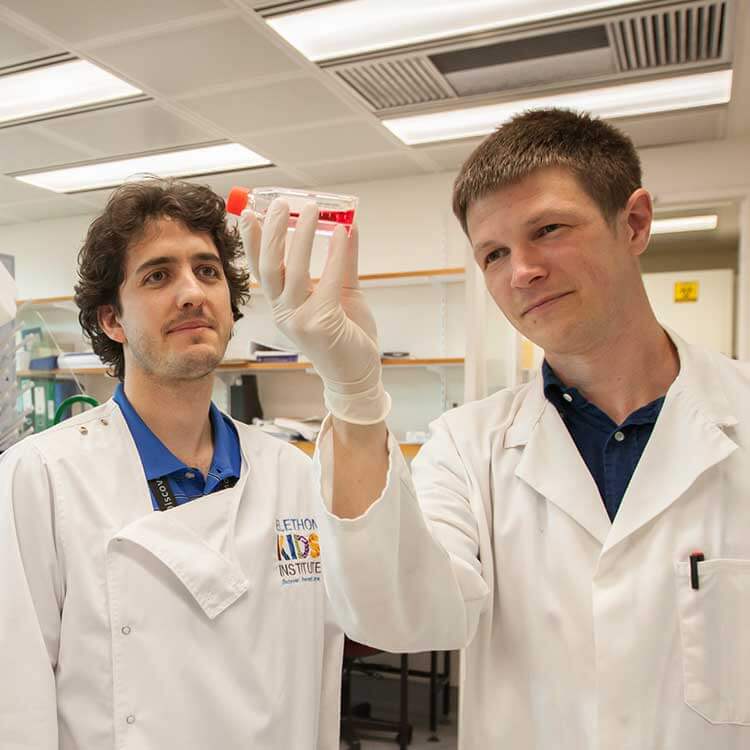Search
Research
Assessment of the potency and potential immunomodulatory effects of the Measles Mumps Rubella-Varicella vaccine in infantsThis study compared the potency and immunomodulatory effects of measles mumps rubella (MMR) vaccine given to infants alone or in combination with varicella...
Research
Lost in translation: translational interference from a recurrent mutation in exon 1 of MECP2Rett syndrome (RTT) is an X linked neuro-developmental disorder affecting mostly girls. Mutations in the coding region of MECP2 are found in 80% of classic...
Research
Patterns trends and increasing disparities in mortality for Aboriginal and non-Aboriginal infants born in Western Australia 1980-2001: population database studySince there are known disparities between Aboriginal and non-Aboriginal populations in Australia, trends in infant mortality rates can be used to assess the...
Research
Safety and immunogenicity of a combined DTPa-IPV vaccine administered as a booster from 4 years of age: a reviewA combined DTPa-IPV booster vaccine was administered as a 4th or 5th dose after DTPa or DTPw priming.
Research
The First Research Report: patterns and trends in mortality of Western Australian infants, children and young people 1980-2002The Advisory Council on the Prevention of Deaths of Children and Young People today officially released this report.
Research
Type 1 and Type 2 Diabetes DNA bankA register which stores demographic and clinical data on all patients attending the diabetes clinic at Princess Margaret Hospital
Research
Sprint proof of concept studyThis study will evaluate the effect of two types of aerobic exercise

By investigating the way that breastmilk guides children’s immune trajectory, we provide evidence-based recommendations for the development of happy healthy kids

The Pregnancy and Early Life Immunology team's overall research vision is targeted towards understanding immunological development during early life.
Research
Epigenetic changes underpinning allergen sensitization: a twin-based studyWe are studying immune cells from identical twins of which one suffers and one does not suffer from allergic disease to identify specific mechanisms that may play important roles in disease development.
